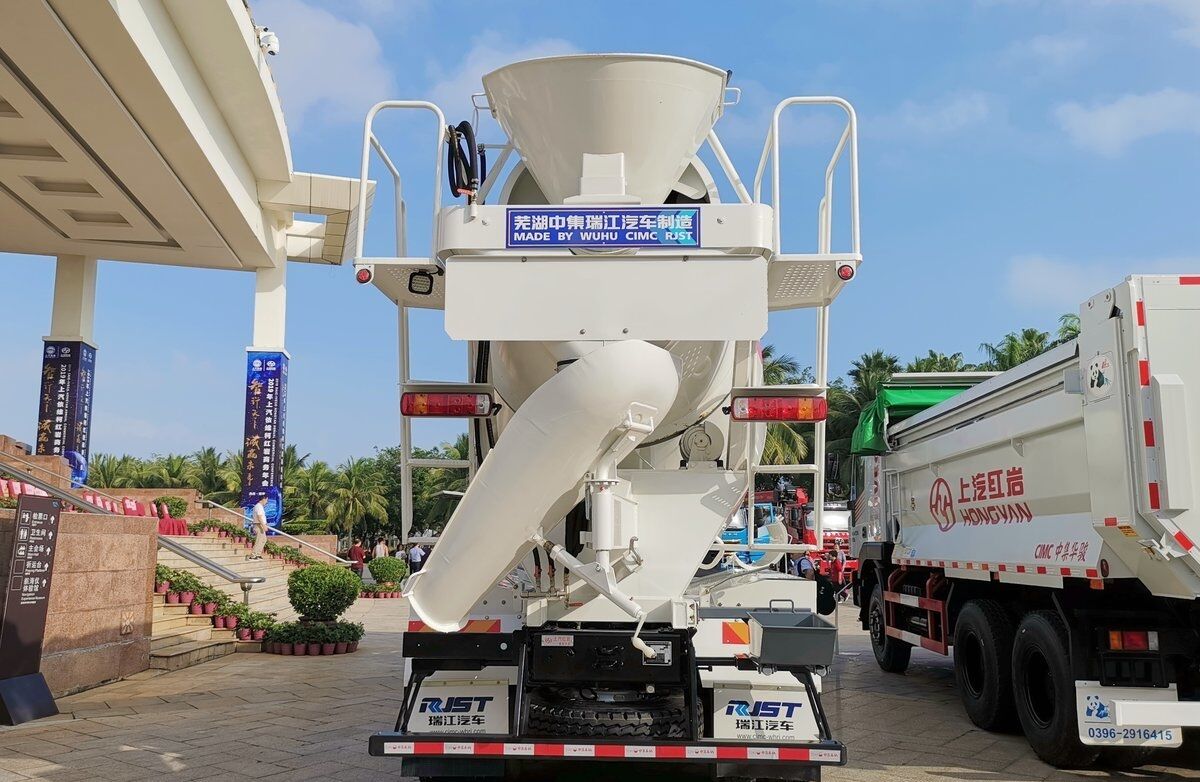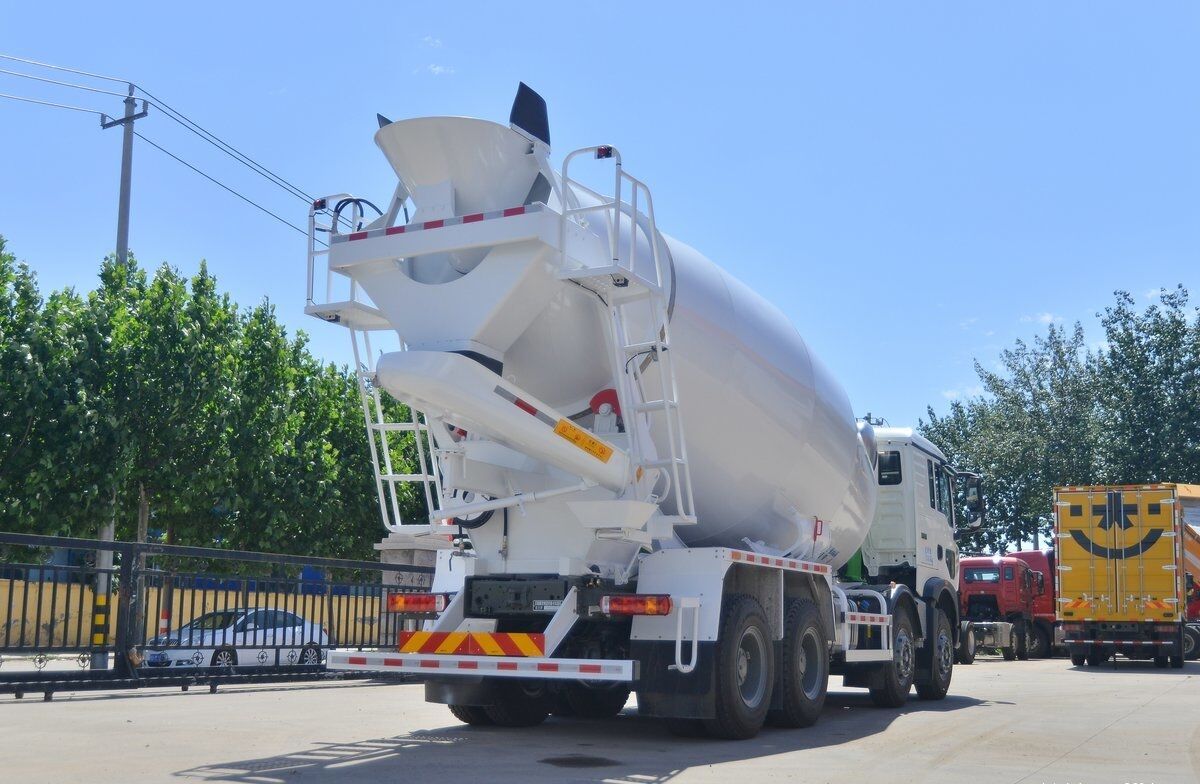old cement trucks
Old cement trucks represent a significant chapter in construction equipment history, serving as reliable workhorses in countless construction projects. These vehicles typically feature a rotating drum mounted on a truck chassis, designed to mix and transport concrete from batching plants to construction sites. The classic models, often characterized by their robust build and mechanical simplicity, usually have a capacity ranging from 6 to 10 cubic yards of concrete. Their drum rotation system, powered by a separate engine or through a power take-off from the truck's main engine, maintains concrete consistency during transport. The trucks incorporate basic yet effective water systems for adding moisture when needed and washing out the drum after use. The discharge chute system, though less sophisticated than modern counterparts, provides reliable concrete placement control. These vehicles often feature manual controls for drum rotation speed and discharge rate, offering operators direct mechanical feedback. Despite their age, many old cement trucks continue to demonstrate remarkable durability, with their straightforward mechanical systems proving easier to maintain and repair compared to newer, electronically controlled models. Their rugged construction and serviceable components make them particularly valuable in areas where advanced technical support might be limited.



